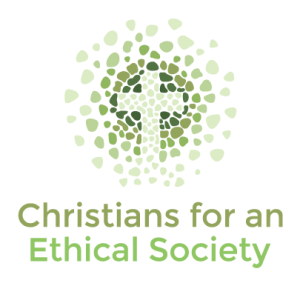This forum was held on Wednesday 16 February 2022 at the Chapel at the Australian Centre for Christianity & Culture.
Makarrata is an ancient word from the language of Yolngu people of Arnhem Land. When the National Aboriginal Conference (NAC) recommended a Treaty of Commitment between Aboriginal Nations and the Australian government in 1979, they selected Makarrata as the indigenous term to represent the process. Far more complex than the term treaty, Makarrata encompasses the processes of conflict resolution, negotiation, peacemaking and justice. In the words of indigenous lawyer, academic and activist Noel Pearson;
“Makarrata captures the idea of two parties coming together after a struggle, healing the divisions of the past. It is about acknowledging that something has been done wrong, and it seeks to make things right.”
Makarrata has become more widely known throughout Australia since the Uluru Statement from the Heart in 2017, which called for a Makarrata commission; “to supervise a process of agreement-making between governments and First Nations and truth-telling.”
Speaker: Professor Asmi Wood, Professor of Law,ANU, College of Law BE LLB (Hons.) PhD ANU; Barrister & Solicitor ACT.
Chair: Mr Clive Rodger, Co-Chair, Christians for an Ethical society.
About the speaker
Asmi Wood’s current research and publication have centred around two main topics; firstly, Constitutional recognition of Indigenous people in Australia and secondly, IndigenousParticipation in Higher Education. The Australian Parliament, both Committees and individuals, Government agencies, community organisations, schools and Indigenous groups have all used Asmi’s research to clarify key issues among staff, invited Asmi to speak at their public events and make contributions to their literature. His research has included policy papers, law reform submissions and articles or chapters in journals and books.
Asmi has presented several keynote addresses to large conferences interested in Indigenous issues including on issues such as ‘recognition’.

